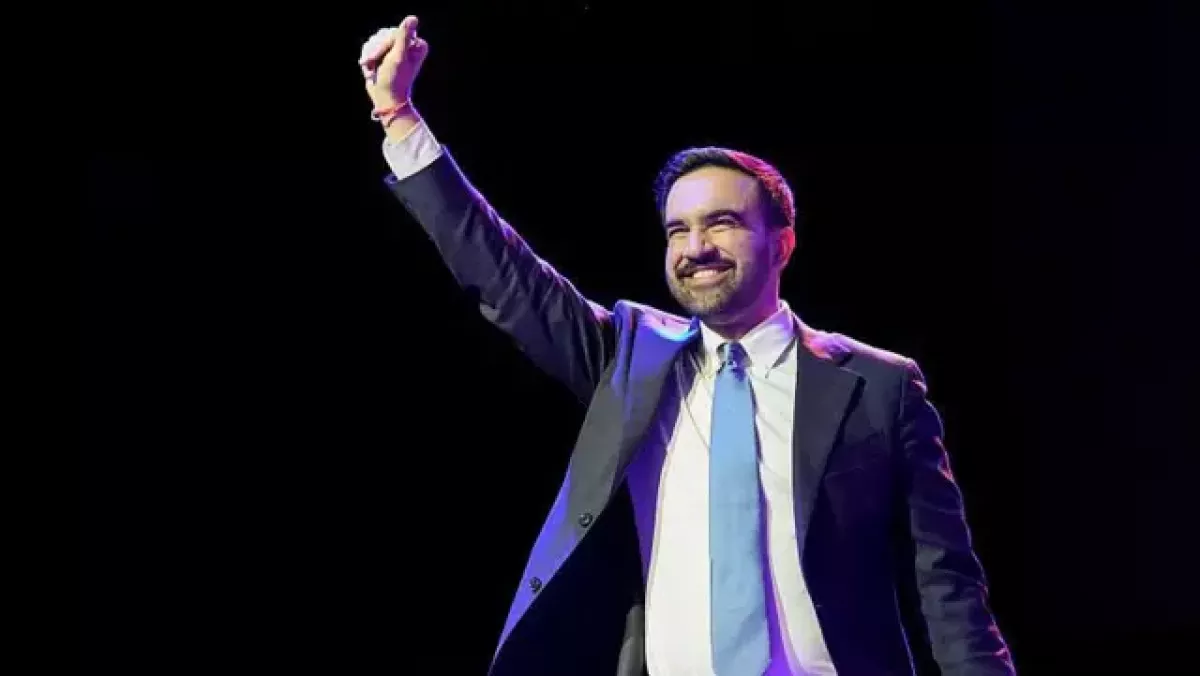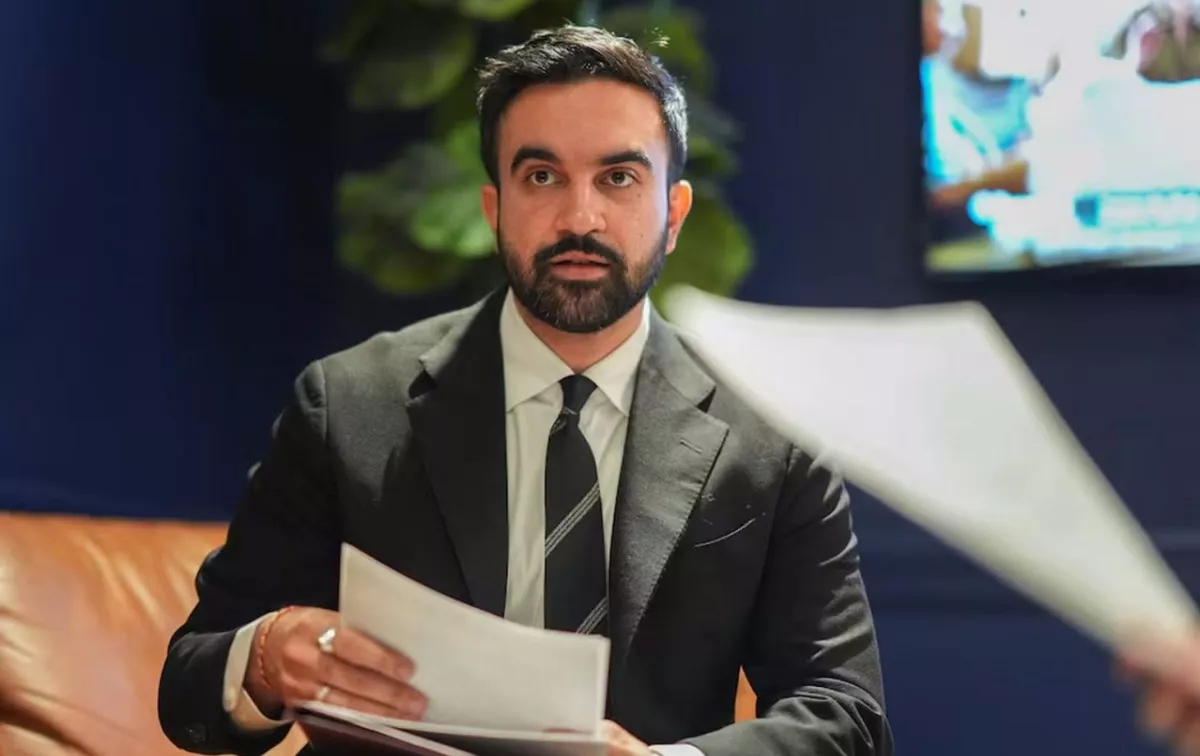The red mayor of the Big Apple New York elects a socialist
An event has taken place in America that many observers find both extraordinary and perfectly logical. Extraordinary—because in its form, it represents a leap in how the American political tradition is perceived. Logical—because something of this kind was quite expected, given the growing rejection among some Americans of Donald Trump’s rightward political turn.
So, 34-year-old socialist and Muslim of Indian descent, born in Uganda, Zohran Mamdani, has won the mayoral election in New York City—becoming the youngest person to lead the city in more than a century and the first Muslim to hold this office.
According to CBS, Mamdani received 50.4% of the vote, defeating another Democrat, former governor Andrew Cuomo (41.6%), and Republican Curtis Sliwa (around 7%). The election saw the highest voter turnout since 1969, with about two million people casting their ballots. The results cited above are preliminary; however, both other candidates have already conceded defeat, allowing Mamdani’s triumph to be declared.
Mamdani’s identification as a socialist is not a figurative exaggeration but an objective fact. A member of the Democratic Party, he represents its far-left wing, advocating policies that are considered radical by American standards — such as free childcare, the development of public transport, and active state involvement in market regulation. These ideas, once seen as marginal, now resonate with an urban electorate weary of the growing social polarisation in the United States.

Mamdani’s victory fits into a broader pattern of Democratic successes. On the same day, Mikie Sherrill won the gubernatorial race in New Jersey, and Abigail Spanberger became the first female governor of Virginia. Yet, while these candidates belong to the party’s moderate wing, Mamdani represents a new generation of left-wing Democrats, ideologically close to Bernie Sanders — the only U.S. senator who identifies himself as a democratic socialist. Their priorities include wealth redistribution and a new economic policy. Analysts view this as a generational shift within the Democratic Party: young politicians are no longer afraid to call themselves socialists openly and to speak of structural reforms.
Moreover, Mamdani’s victory is a direct challenge to the rightward political shift of President Donald Trump, who, notably, had openly urged voters to support another Democrat — Andrew Cuomo — and even threatened to cut federal funding for New York in the event of a socialist’s victory. In response, after his win was confirmed, Mamdani addressed Trump in his victory speech, saying: “Donald Trump, turn the volume up!” — a clear signal of his readiness to engage in a media battle with the sitting U.S. president.
Mamdani’s success was warmly welcomed by leading figures from the Democratic Party’s left wing. Bernie Sanders called it “one of the great political upsets in modern American history,” while Barack Obama remarked that “the future looks a little bit brighter.”
Republicans, on the other hand, reacted sharply. Speaker of the House Mike Johnson described Mamdani as “a Marxist” and his victory as proof of the Democratic Party’s radicalisation. Among the international reactions was a message of congratulations from London Mayor Sadiq Khan, who noted that, just as London did in 2016, the people of New York chose hope over fear.

However, challenging years lie ahead for Mamdani as mayor. His programme requires substantial expenditure, while New York’s governor, fellow Democrat Kathy Hochul, has already declared that she will not support tax increases. The experience of former mayor Bill de Blasio, who entered City Hall amid high expectations from the left but ended his tenure with plummeting approval ratings, serves as a warning: institutional constraints can easily undermine even the most ambitious plans.
In any case, Mamdani’s victory demonstrates that, here and now, the far-left agenda is no longer a marginal phenomenon, even in the United States—a country where the term “socialism” long carried the weight of political stigma. The meteoric rise of this politician reflects the Democratic Party’s urgent search for new blood capable of challenging President Trump’s conservative course.
While the ascent of a socialist to the leadership of America’s largest city may not directly alter political dynamics across other states, it stands as a signal of deeper transformations underway within American society.
How far-reaching these changes will prove to be remains to be seen.








